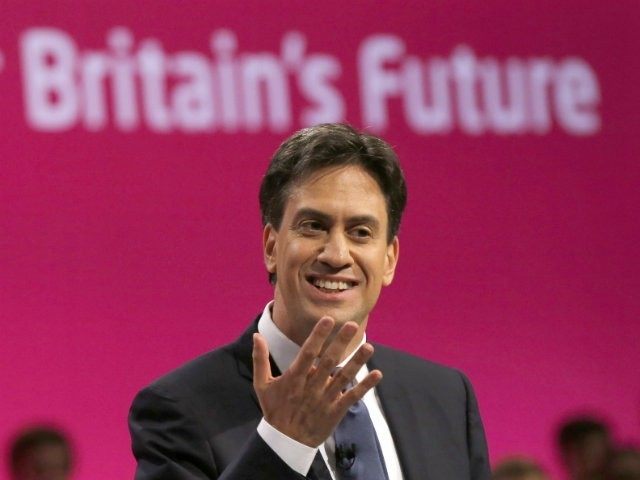A couple of years ago, at a drinks reception held in his office in parliament, Ed Miliband plucked up the courage to walk over to the group of journalists from those publications less likely to endorse him as their choice for Prime Minister.
After a few minutes of back and forth, the Labour leader was informed that one of the papers had just commissioned a poll asking who, out of a list of top politicians, the public thought would win in a fight. Poor old Ed was then cheekily asked, one by one, whether he thought he could beat the likes of Nick Clegg, Jeremy Hunt and David Cameron in a punch up.
On television, Ed comes across as the weedy kid who had his head flushed down the loo at school. In real life, however, his six-foot frame is actually quite imposing. Stick him in a crowded drinks party and he is one of the tallest in the room. Ed thought about it for a few seconds before replying quietly but confidently: “I think I could take them”.
Yesterday each party launched their election campaigns, complete with ‘dodgy’ dossiers and detailed attack briefings each apparently tearing the other’s spending plans to shreds. It felt like the beginning of a fight and, despite the lukewarm reception to Miliband’s speech, it felt like Labour’s leader was sizing up his opponents and coming to that same conclusion: “I think I could take them”.
One character trait those close to Ed most commonly describe is his almost messianic belief that, whatever the polls say, whatever the papers say, whatever his own MPs say, he is right and he will win.
Labour yesterday pledged to hold 4 million “conversations” with voters on the doorstep, a major campaigning commitment to “get Ed out more”. Miliband’s allies believe that if only he could meet every single voter across the country, he would be able to convince the majority to vote for him. In the safety of his office, surrounded by journalists, Miliband is quite personable.
Put a glass of white in his hand and he can be almost charmingly self-deprecating, show something approaching a sense of humour and generally come across as an all right bloke.
But is that enough? Is journeying across the land and hoping that you come across better in person than you do on telly enough to win you an election?
Miliband’s critics in his own party certainly don’t think so. Simon Danczuk, Labour MP for Rochdale and someone who seems a lot more popular with old Labour voters than his current leader, explains:
“The thinking is the public just needs to see a bit more of Ed to seal the deal. The reason for his unpopularity is that people haven’t seen enough of him and haven’t got to know him yet… Somewhere within this madness there was once a trace of logic. But it’s been tested to destruction. It’s clear this great wishful rapport with the British public isn’t happening. Ed is not popular. He’s not a personality, and he needs to recognise this and stop pursuing a suicidal strategy.”
The problem for Miliband is that being the nicer candidate, the more friendly when you shake his hand, isn’t the sort of thing people upon which people tend to make up their minds when choosing a PM.
History shows that nice but incompetent doesn’t trump cold but capable. When Miliband has one of his 4 million chats with voters, what is he going to talk about once he has done his self-deprecating joke? Is he really going to be able to convince them he can be better trusted with the economy? That he would do better standing up to Putin?
On May 7th many will decide Labour’s leader is a perfectly decent bloke but that they want someone to be their leader, not their neighbour. And that ain’t Ed.

COMMENTS
Please let us know if you're having issues with commenting.